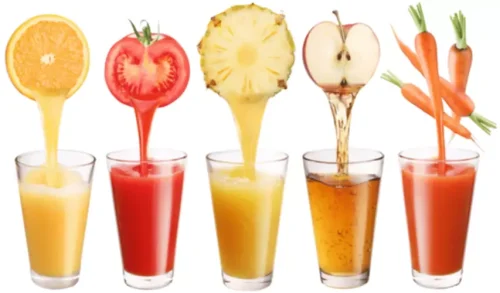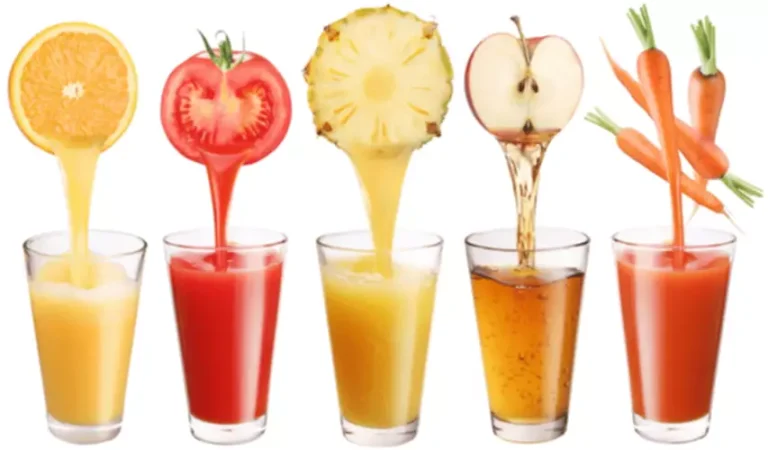How Does Alcohol Affect Dopamine Levels in the Brain?

Additionally, our staff provides family counseling, relapse prevention, life skills, and grief and trauma counseling. Reframe supports you in reducing alcohol consumption and enhancing your well-being. The Reframe app equips you with the knowledge and skills you need to not only survive drinking less, but to thrive while you navigate the journey. Our daily research-backed readings teach you the neuroscience of alcohol, and our in-app Toolkit provides the resources and activities you need to navigate each challenge. Understanding the connection between dopamine and alcohol could inspire us to make more informed decisions about our drinking habits. Understanding these individual variations is crucial for developing personalized approaches to alcohol use prevention and treatment.
The 37 best holiday gift baskets that’ll ship ASAP before Christmas Day

In fact, the interaction between GABA and dopamine is an area of ongoing research in addiction science. ADHD disrupts dopamine regulation, making addictive substances more appealing and harder to resist. This initial increase in dopamine is part of the reason that substance use results in feelings of pleasure and continued use. However, the repeated use alcohol dopamine levels of substances can alter the brain’s motivation system, leading to negative emotional states that can be fixed only by using the substance again. For people reducing or stopping drinking, thoughts about alcohol can be pretty incessant, especially at first.
The Impact of Alcohol on The Brain – Neurobiology of Dependence and Alcohol Related Brain Damage
- Similarly, in a situation of synaptic transmission blockade, alcohol has been found to increase the firing of dissociated VTA dopamine neurons 76, 77 implying that alcohol activates ventral tegmental dopamine neurons independent of afferent signalling.
- Alcohol dependence is characterised by deficits in the physiological dysregulation of motivation and reward systems, such as those in the limbic system, hippocampus, amygdala, caudate nucleus, frontal lobe and nucleus accumbens.
The release of neurotransmitters allows the brain to control the rest of the body, including everything from telling you when to move a leg to walk, to managing the digestion of your food, to releasing chemicals to help you fall asleep. Yim H and Gonzales R. Ethanol-induced increases in dopamine extracellular concentration in rat nucleus accumbens are accounted for by increased release and not uptake inhibition. Topiramate is another agent used in alcohol dependence which is not only effective alcoholism in reducing alcohol craving but also reducing symptoms of depression and anxiety.

What Role Does Family Play In Recovery?
In fact, what we find is exactly the same as we found during our whole drinking lives; that sometimes a drink really makes us feel good, other times it seems to no nothing at all. This is because it is the circumstances and not the alcohol itself that leads to this ‘feel good’ boost. Of course, you will experience less and less pleasure from drinking over time because over time the negative effects of drinking become more and more apparent and we tend to worry about our drinking more and more. After all, you’re not going to get your ‘feel good boost’ if you are worrying about something. This in and of itself will ensure that you get less Serotonin and Endorphins when you are drinking, and is another reason why, over time, our drinking becomes less and less enjoyable. In a double-blind study over four sessions, 14 male volunteers were given weight-based doses of alcohol (1.0 g/kg), energy drink (3.57 mL/kg Red Bull®), energy drink plus alcohol, and a control beverage (water).
- It’s a crucial part of our brain’s reward system, the fascinating neurological network that drives us to pursue experiences and activities that make us feel good.
- These daily cognitive needs and memory are so sensitive to alcohol – just imagine party binge drinkers in movies; when they have too much they can’t even remember the night before.
- Research on women has been limited by concerns about possible reproductive risks.
- It is usually defined by characteristics of intoxication or by characteristics of withdrawal symptoms.
- To be honest, while drinking increases a person’s dopamine levels at first, excessive and frequent binge drinking might cause the brain to adapt to the dopamine overflow.
- This study showed that patients receiving medication had higher rates of abstinence and improved on an array of health care outcomes.
Karen Cropsey, Psy.D., and Jeremy Day. Ph.D.Photography: Nik Layman and Lexi CoonThe science behind addiction
In addition to the health consequences, alcoholism contributes to fractured families and drunk driving that kills more than 10,000 people every year. The CDC estimates that excessive drinking costs the United States more than $249 billion (yes with “b”) each year when measured for loss in work and job productivity, health care expenses, law enforcement, and vehicle crashes. Krystal J et al., The vulnerability to alcohol and substance abuse in individuals diagnosed with schizophrenia. Exciting developments are happening in the world of addiction that will allow clinicians and researchers to develop targeted therapies that may be able to prevent addiction and alcohol-related brain damage in dependent individuals. Thiamine deficiency in alcohol dependence occurs because of poor absorption of thiamine from the GI tract, impaired thiamine storage and reduced thiamine phosphorylation in the brain, reducing the amount of active thiamine in the brain.

The mechanism of action is, however, not completely understood, and although in vitro studies indicate that OSU6162, like aripiprazole, acts as a partial agonist at D2 receptors 191, 192, behavioural studies have failed to demonstrate any intrinsic activity of the compound (195). Instead it has been suggested that OSU6162 produces functionally opposite effects by acting as an antagonist at both presynaptic autoreceptors and postsynaptic D2 receptors 189, 193–195. Based on the hypothesis that OSU6162 can counteract both hyper‐ and hypo‐dopaminergic states, the compound has recently been evaluated in both animal models modulating alcohol‐mediated behaviours as well as in a https://ecosoberhouse.com/ placebo‐controlled human laboratory study in alcohol‐dependent patients. The atypical antipsychotic tiapride has been found to be efficacious in reducing alcohol drinking two placebo‐controlled clinical trials 158, 159.

